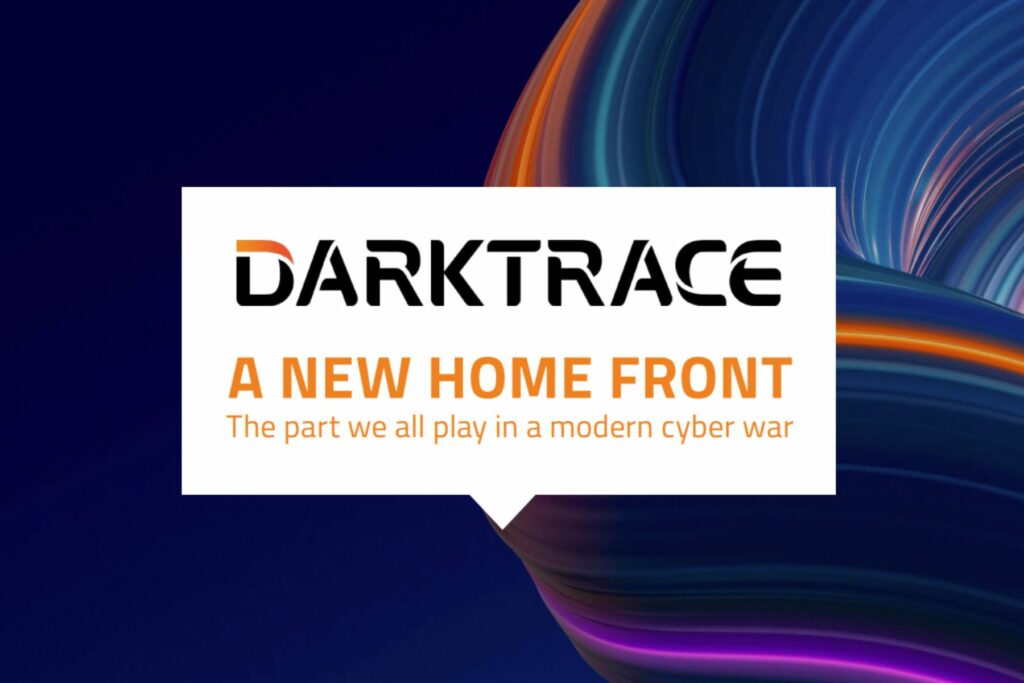Article by Sally Walker
The lifeblood of society is internet connected
As the world moves out of lockdown and back to a ‘new normal’, digital dependency grows ever greater.
Digital systems and data underpin the very foundations of our society.
The world of communication – estimated 7 billion smart phones on the planet – integral to everyday life. Shopping, family connections, business meetings, and supplementary schooling –, all conducted in the digital environment.
The operating systems that live depend on: power, water, transport, health. The beating heart of the world, controlled remotely, often built for a different threat landscape.
Automated human assistants monitoring and sense making, bringing the world ever closer and ever faster; tracking data, people, money, deliveries around the globe and to the doorstep. All done using technology so sophisticated it was restricted to military use and only recently has been made available to all.
Data, networks, the internet of things. Volume, velocity, variety, and constantly under threat.
“Critical national infrastructure”, once the bastion of must protect and have to defend, has become a sprawling, complex mass of vulnerability and interdependency (in the UK the CNI spans 13 infrastructure sectors and includes “all facilities, systems, sites, information, people, networks and processes for a country to function and upon which daily life depends” ).
As in any other walk of life, where there is dependency, there is opportunity to project power or exploit.
Insider information or intelligence
Breaches of confidentiality to obtain data at scale.
Financial benefit
Exploitation of vulnerability and dependency (ransomware).
Command and control.
Exploiting the integrity of technology to dominate geography, physical assets or people.
Functioning societies require trusted sources of power, water, finance, emergency response, healthcare… The cyber war isn’t to stop a ‘digital pearl harbour’ – but it is about keeping the lights on, everywhere, now and tomorrow. Contesting the dark side of tech; including legitimate use of harmful techniques back against those that would otherwise do society harm. Often o ut of sight and out of mind – but no less important for that.
The solution is part technology.
Secure by default, trusted at its core. Better designed and managed to be alert to the potential for unauthorised use, or deliberate misuse. Digital data and digital infrastructure is a nervous system to the globe; confidentiality, integrity, and availability is vital to the functioning of a healthy modern society.
But according to just one global investigation into data breaches , more than 80% of the problem is human. Cyber isn’t (just) tech, and cyber security isn’t for the IT department to fix. Humans are error prone, with instincts honed over millennia for a different threat and a different world. A front-line operator in the digital battlefield becomes anyone who depends on accurate and timely information and on trusted capabilities and logistics chains. All of us depend on each of us, to have a safe and secure digital world.
Citizens don’t have to be sophisticated in their skills or specialists in their roles to add value to the collective digital health of a system or society. The most basic of training or cultural awareness can assist in recruiting and deploying new personnel to the front line of the digital world – not just to defence, or to cyber specialist functions, but to banks, schools, energy companies, transport logicians, manufacturers, medical research centres. The people exist, as the 160k strong IT army of Ukraine is showing. Mobilising citizens can be done, with a sense of purpose and self-belief.
Providing practical, low cost and high-quality training to all citizens builds depth in national strategic resilience and enable a whole of nation approach to cyber security, even cyber conflict. Scalable platforms already exist to provide the training.
Dealing with the digital skills shortage requires the brain power of all of society. The specialists are vital (those who can read and write – or code) – but for most, the challenge is developing digital literacy with a difference – the ability to read, write, and think. People with knowledge have become experts on yesterday’s problems; people with curiosity and motivation will solve tomorrow’s challenges. Thinking differently is the cyber superpower.
The brains, the training platforms, and the ability to assess potential are all out there. Government, industry, and education institutes must do better and double the talent pipeline for digital skills. And they can.
WithYouWithMe: Future-facing skills, data led employment
All Brains
By discovering a pipeline of talent that no one else sees, WithYouWithMe is revolutionising employment. The digital skills shortage will only be fixed by building talent from overlooked communities. Those without the ‘right’ educations, or the right experience, or the right connections. We need to help people understand what they can do, not focus on what they can’t (or have not – yet).
With Aptitude
Schools, universities, and employers have heard the digital skills challenge as moving from reading and writing, to reading, writing, and coding.
Certainly, demand for coders outstrips supply. But everyone will use technology ; – not everyone will build it. The biggest education gap is in reading, writing, and thinking (and coding).
The solution? Assessment processes too often test what is known, not how a student will cope with the unknown. Aptitude, problem solving, ability to work collaboratively on new and innovative challenges – these are the super powers of the 21st century workforce.
And Attitude and Skill
The WYWM platform upskills people (many for free) in technology-based roles based on aptitude testing and intense hands-on training. Then, working with clients, WYWM identify requirements of existing workforce requirements, allocating program graduates with the right complementary skills into those vacant roles. It’s a win-win.
Fixing it Fast
Scalable technical infrastructure enables rapid end to end recruiting, identifying, training, and mobilising of citizen cyber talent. Informed innovation of HR processes, being data driven in decision making, ensuring we recruit, recycle, and retain people? Using tech and data innovatively, and providing an immediate solution to bringing people in, and on, at pace and scale.
The opportunity to solve the digital skills gap requires a whole nation approach; it requires bold decisions by Defence, Government, and industry leaders; and it requires a wholesale change to the approach to human talent. Digital platforms are the scale solution across education and training to recruitment and retention of skilled personnel – and the answer exists for all.




